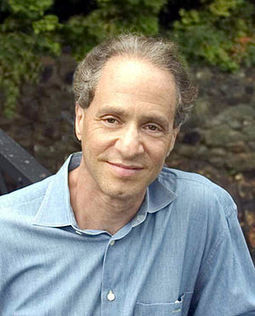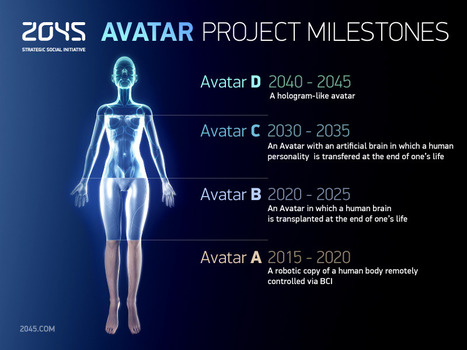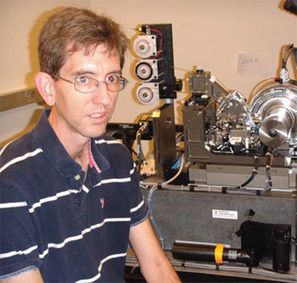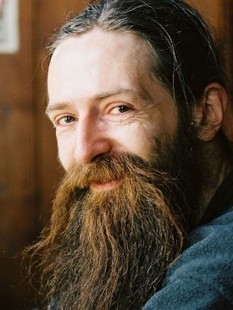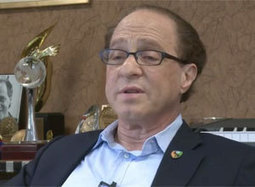Ray Kurzweil plans to live forever. All power to him. Mr. Kurzweil’s contributions to mankind arguably have been so extraordinary that perhaps we owe it to him to provide him medical care in perpetuity.
...
Ultimately, the question is this: are Americans entitled to unlimited life expectancy?



 Your new post is loading...
Your new post is loading...

